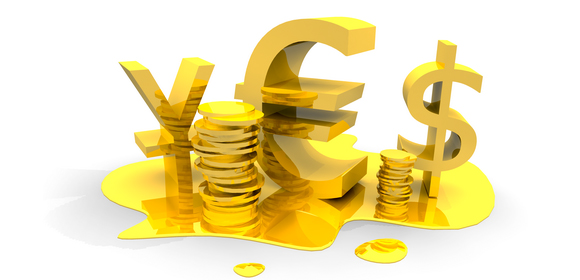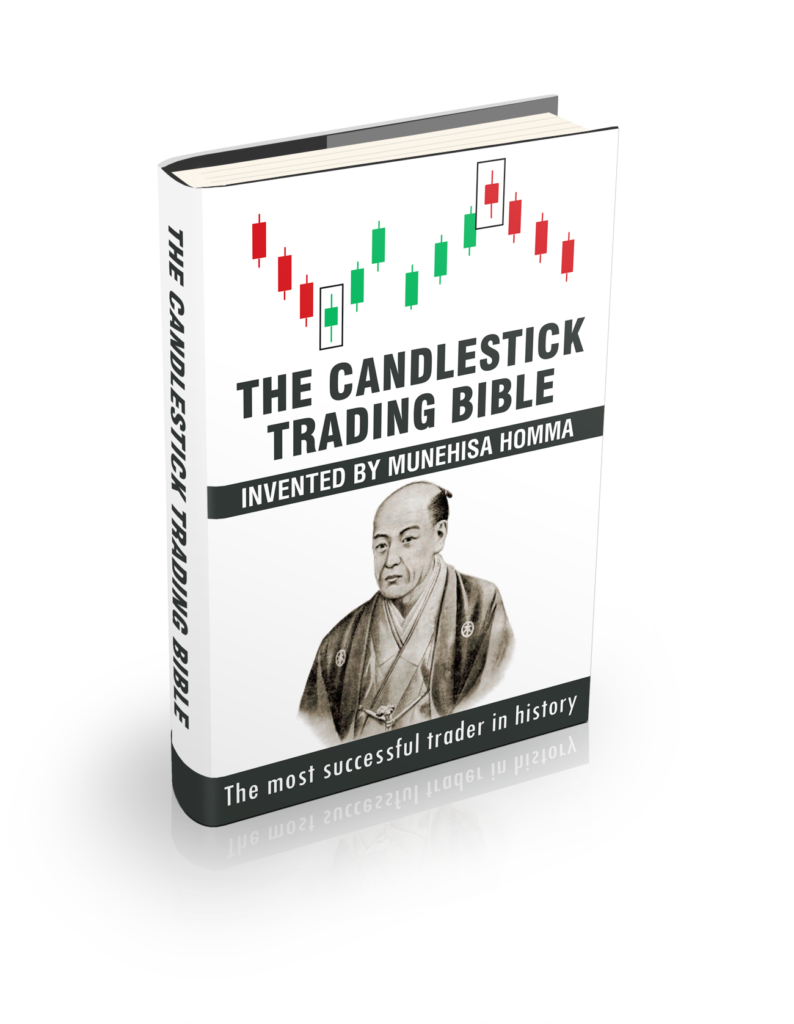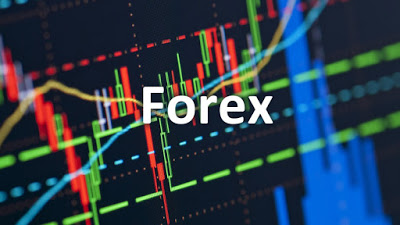What are you really buying or selling in the currency market?
The short answer is nothing. The retail FX market is purely a speculative market. No physical exchange of currencies ever takes place. All trades exist simply as computer entries and are netted out depending on market price. For dollar-denominated accounts, all losses or profits are calculated in dollars and recorded as such on the trader’s account.
The primary reason the FX market exists is to facilitate the exchange of one currency into another for multinational corporations who need to trade currencies continually (for example, for payroll, payment for costs of goods and services from foreign vendors, and merger and acquisition activities). These day-to-day corporate needs comprise only about 20% of the market volume. Fully 80% of trades in the currency market are speculative in nature, put on by large financial institutions, multi-billion dollar hedge funds and even individuals who want to express their opinions on the geopolitical and economic events of the day.
Meaning of Trading in Pairs
Because currencies always trade in pairs, when a trader makes a trade he or she is always long one currency and short the other. If a trader sells one standard lot (equivalent to 100,000 units) of EUR/USD, she would, in essence, have exchanged euros for dollars and would now be short euro and long dollars. The exact same principle applies to the FX market, except that no physical exchange takes place.
Great Returns in Currency Trading
The opportunities for unmatched returns and investment protection in the brave new world of foreign currency investing are second to none. In Foreign Currency Trading, financial executives Russell Wasendorf, Sr., and Russell Wasendorf, Jr., describe foreign currency trading in plain terms, and help you understand the risks, benefits, and operational requirements that you will need to take advantage of this market’s tremendous potential. Look to Foreign Currency Trading for clear explanations on the mechanics of foreign currency trading, in-depth discussion of all pertinent foreign exchange rules and regulations, and a comprehensive glossary with literally hundreds of terms essential to forex trading. With formerly imposing currency trading restrictions having been struck down in recent court rulings, the world of foreign currency trading is a rapidly-expanding and exciting field.
The primary reason the FX market exists is to facilitate the exchange of one currency into another for multinational corporations who need to trade currencies continually (for example, for payroll, payment for costs of goods and services from foreign vendors, and merger and acquisition activities). In Foreign Currency Trading, financial executives Russell Wasendorf, Sr., and Russell Wasendorf, Jr., describe foreign currency trading in plain terms, and help you understand the risks, benefits, and operational requirements that you will need to take advantage of this market’s tremendous potential. Look to Foreign Currency Trading for clear explanations on the mechanics of foreign currency trading, in-depth discussion of all pertinent foreign exchange rules and regulations, and a comprehensive glossary with literally hundreds of terms essential to forex trading. With formerly imposing currency trading restrictions having been struck down in recent court rulings, the world of foreign currency trading is an exciting and rapidly-expanding field.







